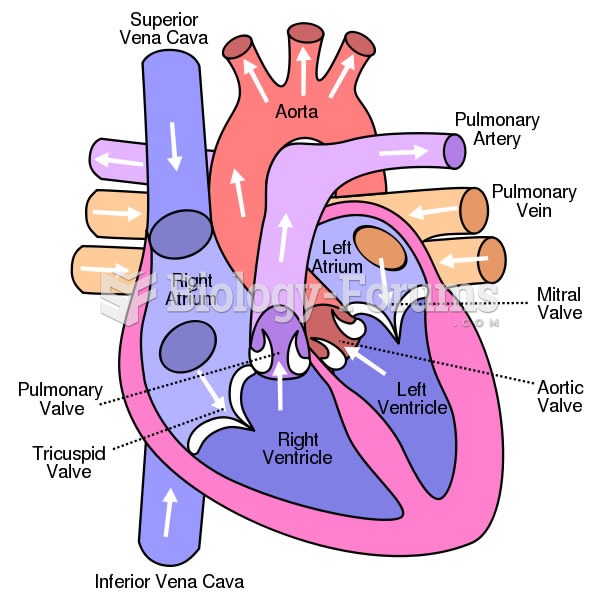|
|
|
Asthma cases in Americans are about 75% higher today than they were in 1980.
Hip fractures are the most serious consequences of osteoporosis. The incidence of hip fractures increases with each decade among patients in their 60s to patients in their 90s for both women and men of all populations. Men and women older than 80 years of age show the highest incidence of hip fractures.
More than 50% of American adults have oral herpes, which is commonly known as "cold sores" or "fever blisters." The herpes virus can be active on the skin surface without showing any signs or causing any symptoms.
Approximately 25% of all reported medication errors result from some kind of name confusion.
Green tea is able to stop the scent of garlic or onion from causing bad breath.







